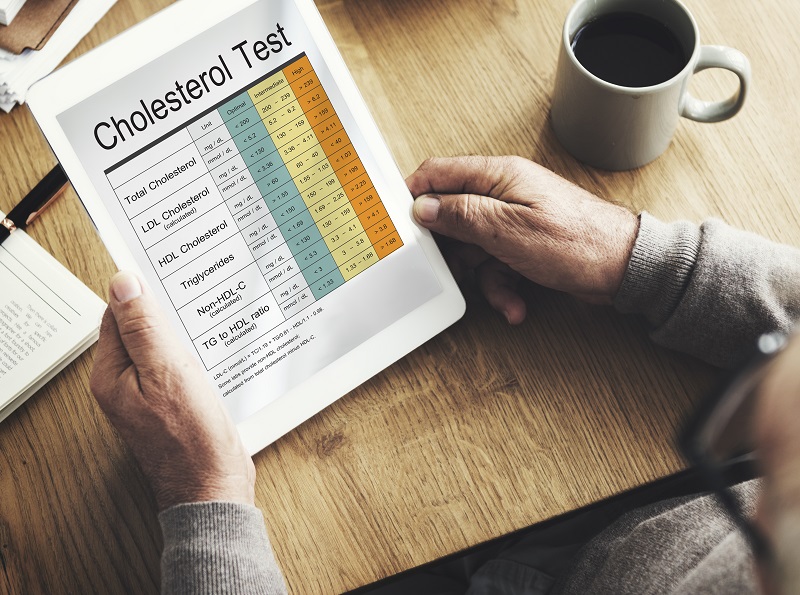The Buyt Desk
One of the most dangerous things about hypertension is that you may not know about it until it gets severe. It is because hypertension does not reveal any symptoms during the early stage. The statistics say that one-third of people having hypertension do not know about it until symptoms appears. So, what is the way to identify it?
The best way to check if you are suffering from hypertension is- through regular health monitoring. Additionally, if one knows hypertension signs, it becomes easier for them to take care of their health and reduce risk.
Seven Symptoms of Hypertension
The common symptoms of hypertension are severe headaches, nose bleeding, confusion or fatigue, vision problem, pain in the chest, breathing difficulty, irregular heartbeat, traces of blood in urine and pounding in the ears, neck and chest.
Apart from these symptoms, some people witness other symptoms, such as dizziness, sweating, nervousness, blood spots in the eyes, and trouble sleeping. These symptoms sometimes relate to high blood pressure, but not always. It is not necessary that hypertension or high blood pressure would give any symptoms. Therefore, you should get your blood pressure checked at a regular interval of time, especially when you have a family history.
The symptoms like headache and blood from the nose appear when blood pressure goes severely high or the person is sensitive to blood pressure changes.
When To Worry About Blood Pressure
Many internal and external factors influence blood pressure levels, such as physical activity, anger, etc. One should avoid checking blood pressure during these conditions. If you feel your blood pressure is unusually high, rest for 5-10 minutes and monitor the blood pressure again. If the result is the same even at rest, it is a matter of concern. Do check with your doctor immediately.
What Happens When Hypertension Goes Untreated?
Untreated hypertension can lead to many complications, some of which are-
Heart Attack or Stroke – Untreated hypertension can cause thickening and hardening of the arteries. When this condition is left untreated for a long can cause heart attack and other complications.
Aneurysm – It is also a life-threatening condition. Increased blood pressure in the arteries and blood vessels weakens and bulges them and makes an aneurysm. When the aneurysm ruptures, it can be life risking.
Heart Failure – The heart pumps blood in the vessels. In hypertension, the heart has to work harder to do this job, which thickens the heart chambers. Thick heart chambers work hard (left ventricular hypertrophy) to push blood into the vessels, which render heart muscles weak. When the condition is left untreated for a long time, it leads to heart failure.
Narrowed and Weekend Kidney Blood Vessels – Hypertension negatively affects the functioning of other vital body parts, such as kidneys, eyes and brain. Increased blood pressure hampers the functioning of the kidney and blurs the vision.
Metabolic Syndrome – It is not a single disorder, but instead a group of problems, such as increased waist size, decreased high-density lipoprotein, high triglycerides, high insulin level, etc. All these conditions can lead to heart diseases and stroke.
Difficulty with Memory – Untreated blood pressure or uncontrolled blood pressure affects the thinking ability to ability to memorize.
Dementia – Increased blood pressure in arteries narrows them. It can restrain the blood flow in the brain. The condition leads to vascular dementia.
The Risk Group of Hypertension
Risk factors can increase the chance of you suffering from high blood pressure. Some risk factors are unavoidable, like genetics and age. However, it is possible to control other conditions and narrows down the high blood pressure risk. The common conditions are
-
Certain medications increase blood pressure.
-
Diabetes.
-
Unhealthy diet.
-
Physical inactivity.
-
Obesity.
-
Excess consumption of alcohol.
-
Tobacco eating.
-
Genetic or family history.







